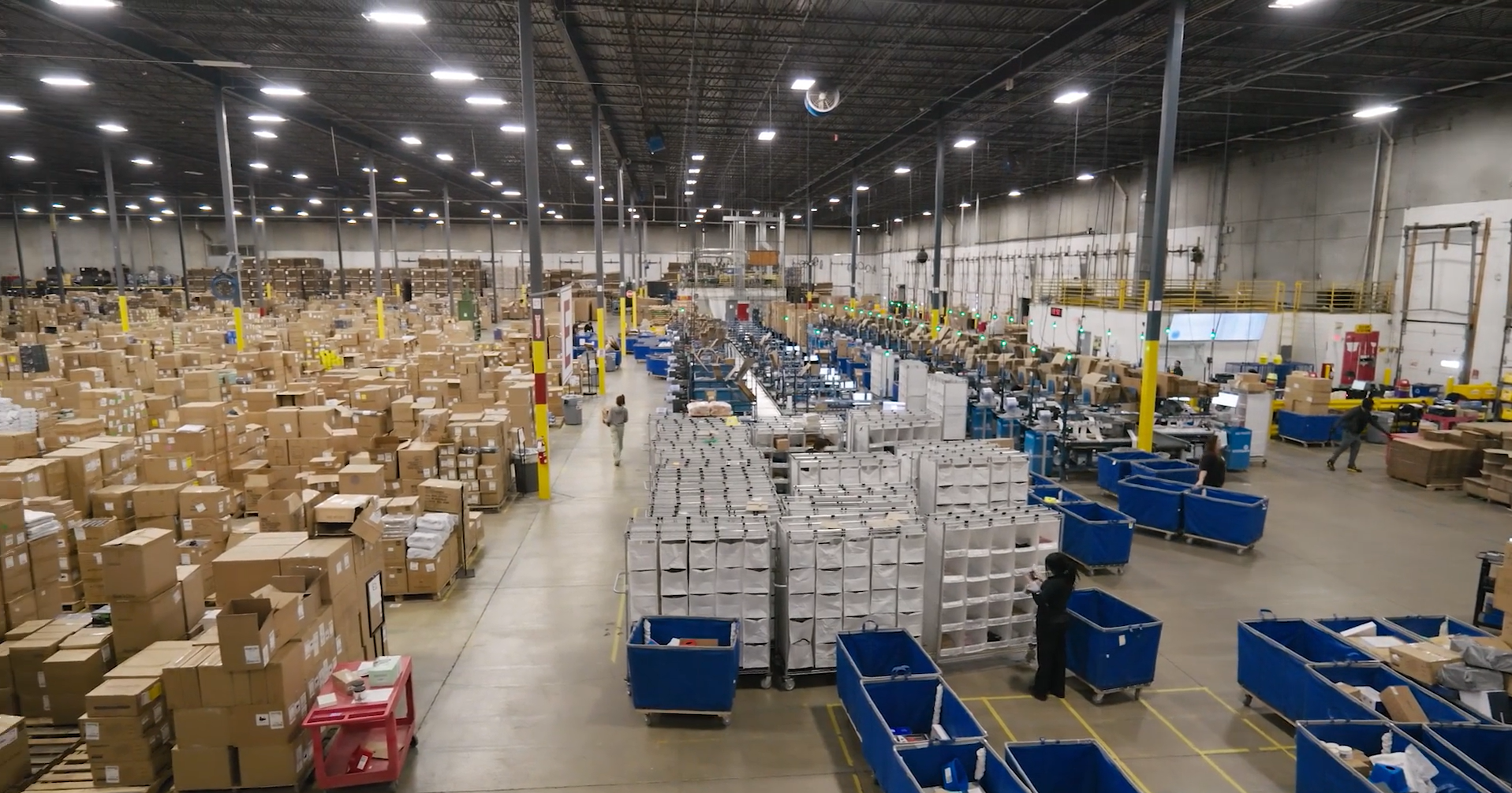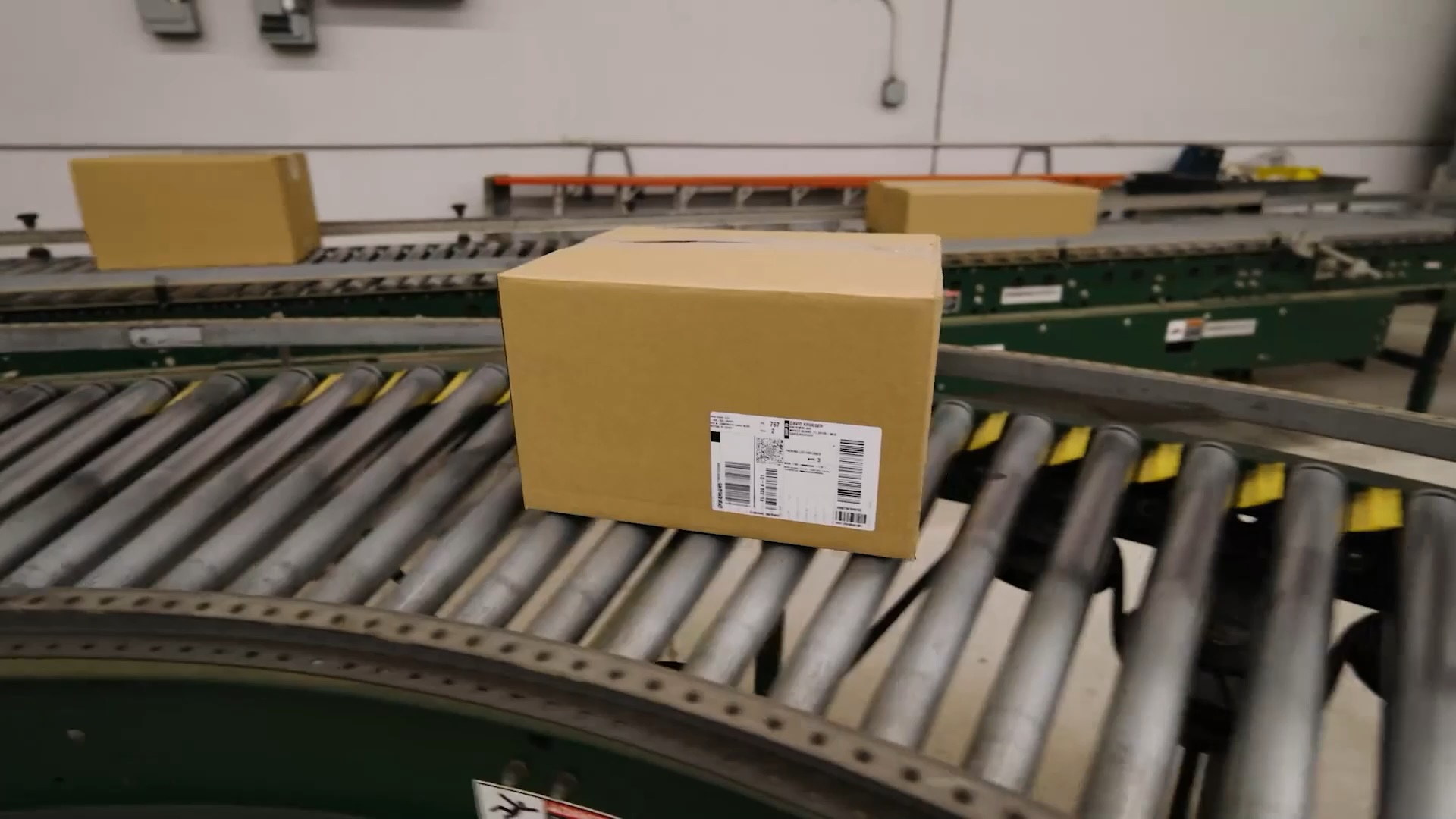In the fast-paced world of logistics, where delays and disruptions can ripple through supply chains with costly consequences, proactive communication is no longer a luxury—it’s a necessity. For businesses relying on fulfillment and distribution providers, the difference between a reactive and proactive partner can mean the difference between smooth operations and costly downtime.
Proactive communication is the cornerstone of a successful logistics partnership. By anticipating challenges, addressing potential issues before they escalate, and keeping customers informed every step of the way, we transform the way businesses experience logistics. In this blog, we’ll explore why proactive communication matters and how it benefits your business.
Why Proactive Communication Matters in Logistics
Logistics is a complex, multi-layered process that involves countless moving parts—literally and figuratively. From transportation and warehousing to inventory management and last-mile delivery, there are numerous opportunities for things to go wrong. In a reactive model, issues are addressed only after they occur, often leading to delays, added costs, and frustrated customers.
Proactive communication, on the other hand, flips the script. It’s about:
- Anticipating challenges before they happen.
- Identifying potential bottlenecks in the supply chain.
- Keeping customers informed about the status of their shipments and any potential disruptions.
This approach not only minimizes disruptions but also builds trust and strengthens the partnership between businesses and their logistics providers.
The Benefits of Proactive Communication
1. Preventing Issues Before They Escalate
One of the most significant advantages of proactive communication is the ability to prevent small issues from turning into major problems. For example, if a shipment is delayed due to weather conditions, a proactive logistics partner will notify the customer immediately, provide alternative solutions, and adjust timelines accordingly. This level of transparency and foresight helps businesses maintain control over their operations and avoid costly surprises.
2. Improving Efficiency and Reducing Costs
Proactive communication enables logistics providers to identify inefficiencies and address them before they impact the bottom line. For instance, if a particular route is consistently causing delays, a proactive partner will analyze the issue, recommend alternative routes, and implement changes to optimize delivery times. This not only improves efficiency but also reduces costs associated with delays and inefficiencies.
3. Enhancing Customer Satisfaction
In today’s competitive market, customer satisfaction is paramount. Proactive communication ensures that customers are always in the loop, reducing anxiety and building trust. When customers know that their logistics partner is actively managing their account and looking out for their best interests, they’re more likely to feel confident and satisfied with the service.
4. Building Stronger Partnerships
A logistics partnership built on proactive communication is a partnership built on trust. By consistently demonstrating a commitment to transparency, problem-solving, and customer success, logistics providers can foster long-term relationships with their clients. This not only leads to repeat business but also opens the door to new opportunities through referrals and positive word-of-mouth.
How VEYER’s Proactive Approach Sets Us Apart
At VEYER, proactive communication is at the heart of everything we do. We understand that logistics is more than just moving goods from point A to point B—it’s about providing peace of mind and delivering value at every step of the journey. Here’s how we do it:
1. Predictive Analytics and Real-Time Monitoring
We leverage advanced predictive analytics and real-time monitoring tools to identify potential issues before they impact your operations. Whether it’s a delay at a port, a disruption in transportation, or a change in demand, our systems are designed to flag these issues early and provide actionable insights to mitigate their impact.
2. Regular Check-Ins and Regular Business Reviews
We believe that communication should be consistent, not just reactive. That’s why we schedule regular check-ins and Business Reviews with our customers. These meetings provide an opportunity to review performance, discuss trends, and identify areas for improvement. By staying in close contact with our customers, we ensure that we’re always aligned with their goals and needs.
3. Customized Solutions for Every Customer
No two businesses are alike, and neither are their logistics needs. That’s why we take a customized approach to proactive communication. Whether you prefer daily updates, weekly summaries, or real-time alerts, we tailor our communication strategy to fit your preferences and requirements.
4. Dedicated Account Managers
Every VEYER customer is assigned a dedicated account manager who serves as their single point of contact. This ensures that you always have someone to turn to with questions, concerns, or requests. Our account managers are trained to anticipate your needs and provide solutions before you even realize there’s a problem.
Real-World Impact: A Case Study in Proactive Communication
To illustrate the power of proactive communication, let’s look at a real-world example. One of our customers, a mid-sized e-commerce retailer, was experiencing frequent delays in their last-mile deliveries. These delays were leading to customer complaints and lost sales.
Using our predictive analytics tools, we identified that the delays were primarily due to inefficient routing.
We immediately notified the customer, provided a detailed analysis of the issue, and recommended a new routing strategy. Within weeks, the customer saw a 20% improvement in delivery times and a significant reduction in customer complaints.
This example highlights how proactive communication can transform a challenging situation into a success story. By addressing the issue before it escalated, we not only solved the problem but also strengthened our partnership with the customer.
How to Evaluate a Logistics Partner’s Communication Style
If you’re considering a new logistics partner, it’s important to evaluate their communication style. Here are a few questions to ask:
- Do they provide regular updates on shipment status?
- Do they have tools in place to monitor and predict potential issues?
- Do they offer customized communication options to fit your needs?
- Do they have a dedicated account manager or point of contact?
A partner who prioritizes proactive communication will not only help you avoid disruptions but also position your business for long-term success.
Conclusion: Proactive Communication as a Competitive Advantage
In the world of logistics, proactive communication is more than just a best practice—it’s a competitive advantage. By anticipating challenges, addressing issues before they escalate, and keeping customers informed, logistics providers can deliver a level of service that sets them apart from the competition.
At VEYER, we’re committed to redefining what it means to be a logistics partner. Through predictive analytics, regular check-ins, customized solutions, and dedicated account managers, we ensure that our customers always feel supported and in control.
If you’re ready to experience the difference that proactive communication can make, we’d love to hear from you. Contact us today to learn more about how VEYER can transform your logistics operations.




